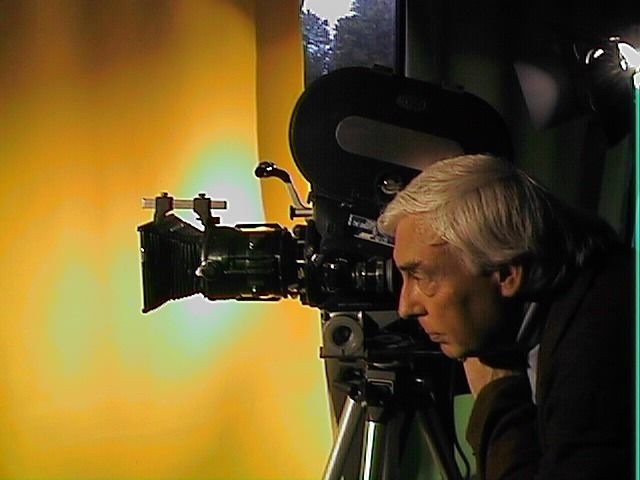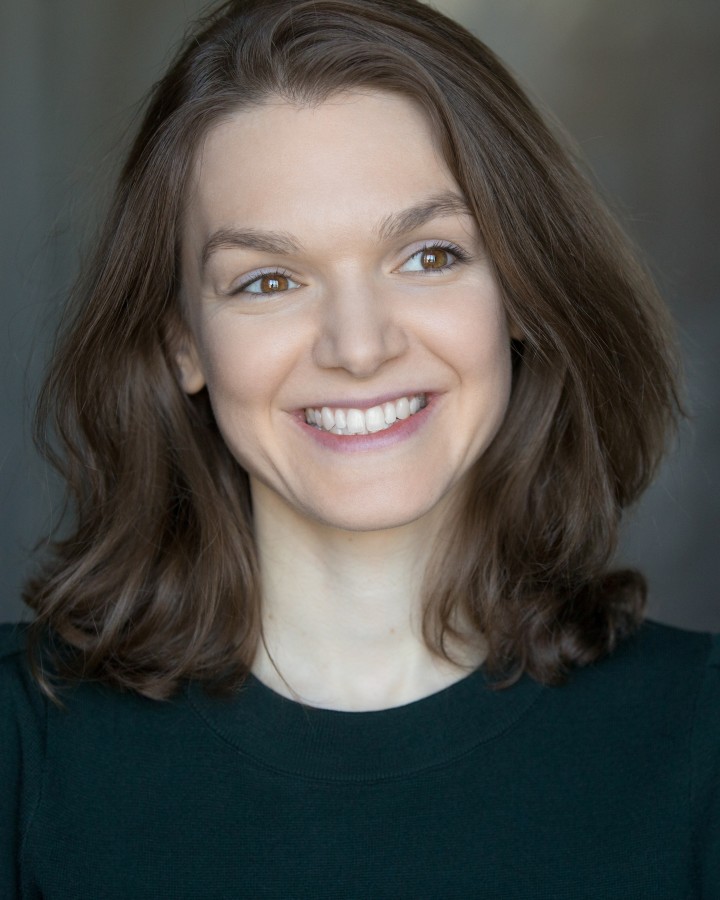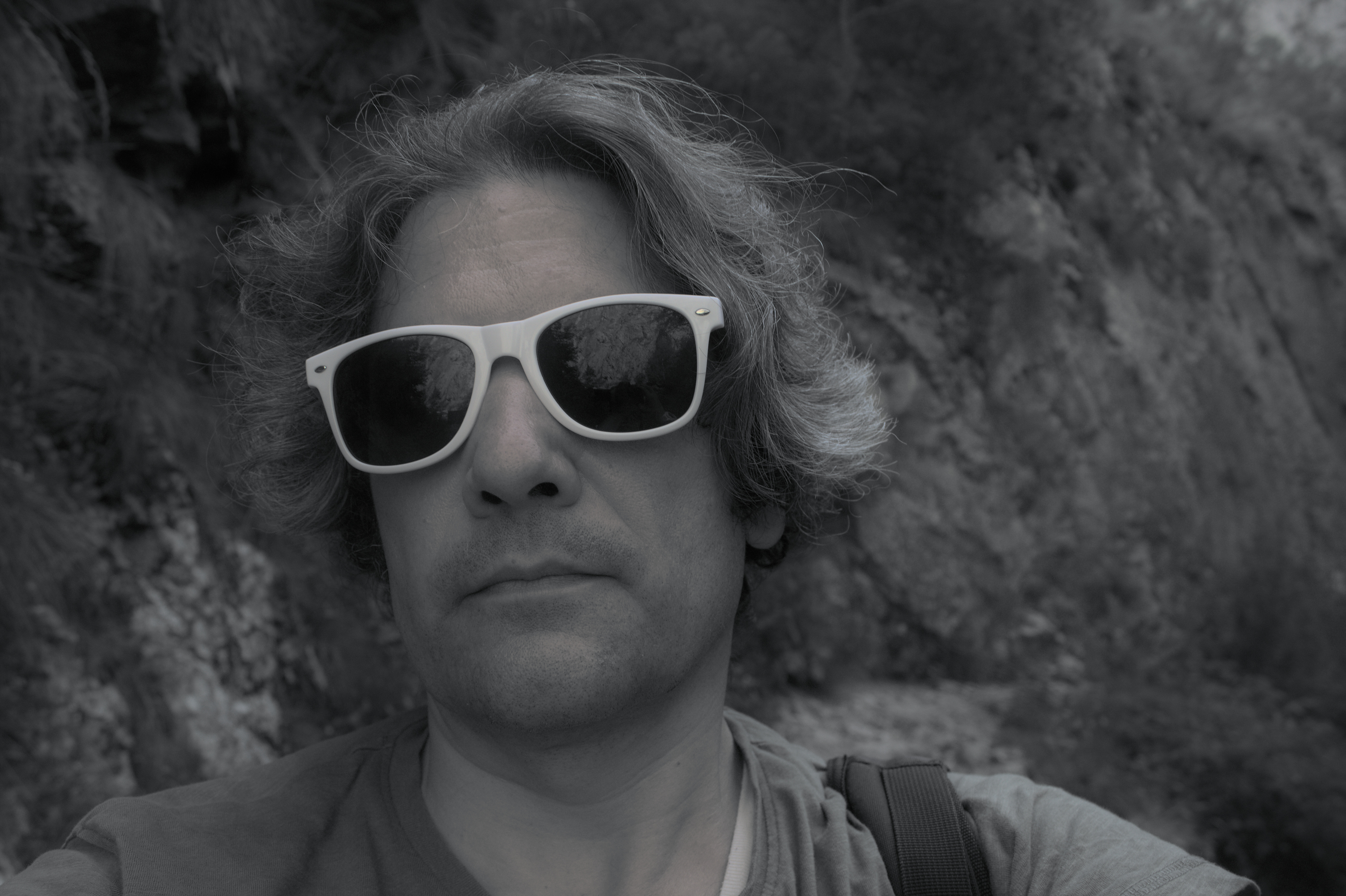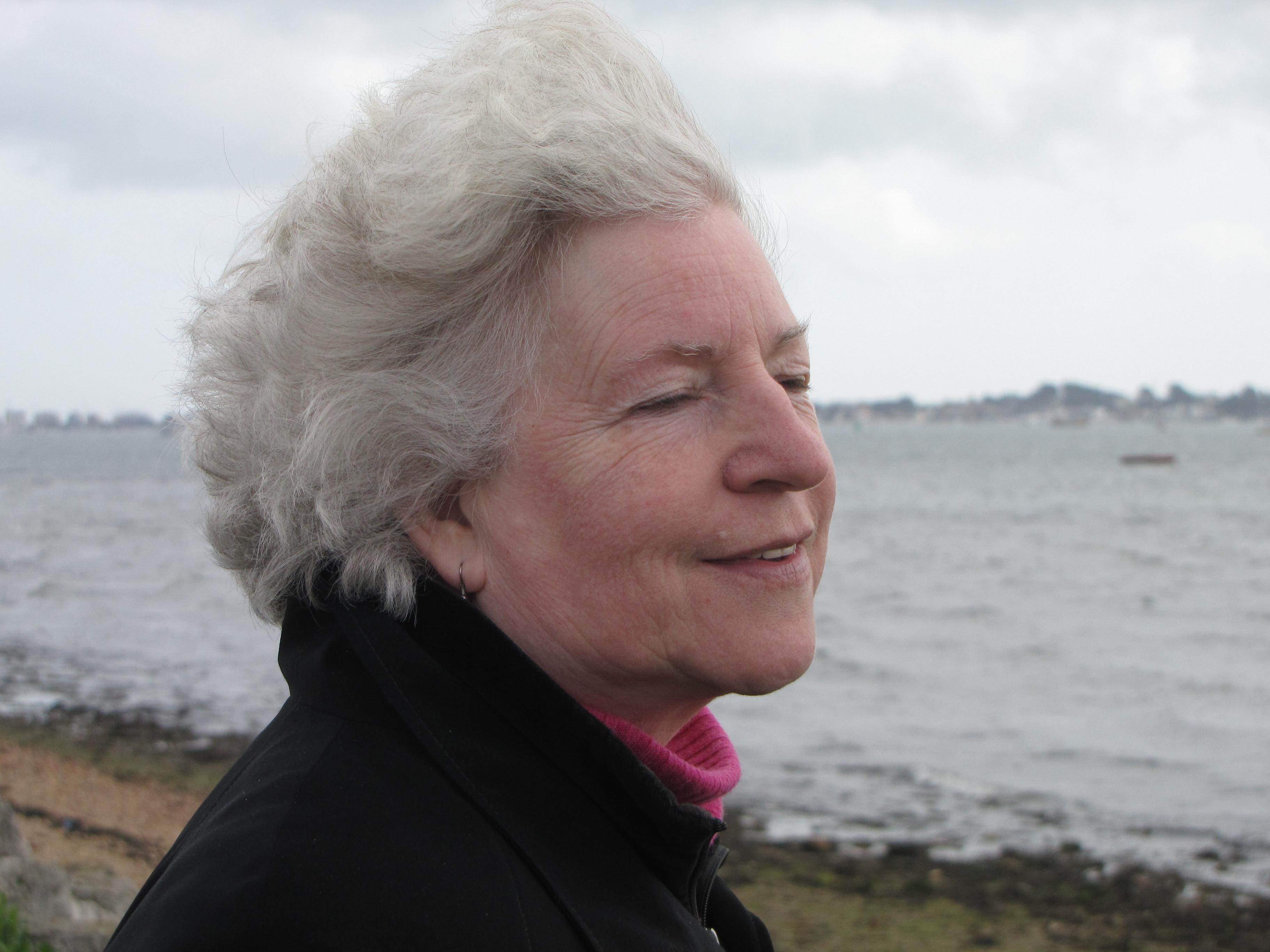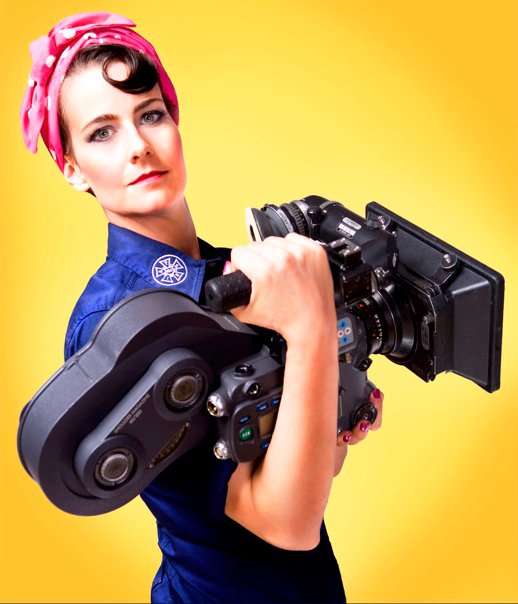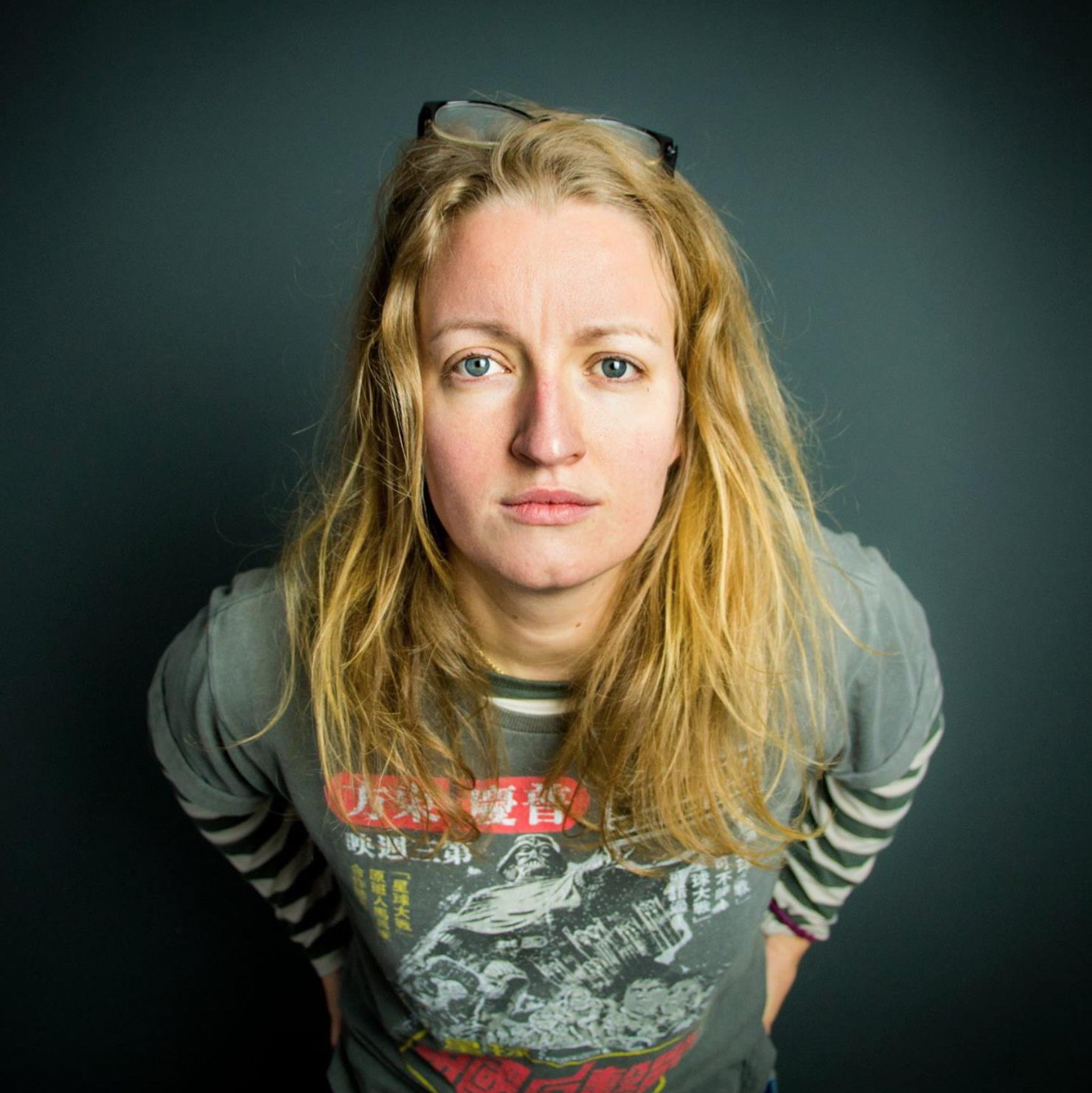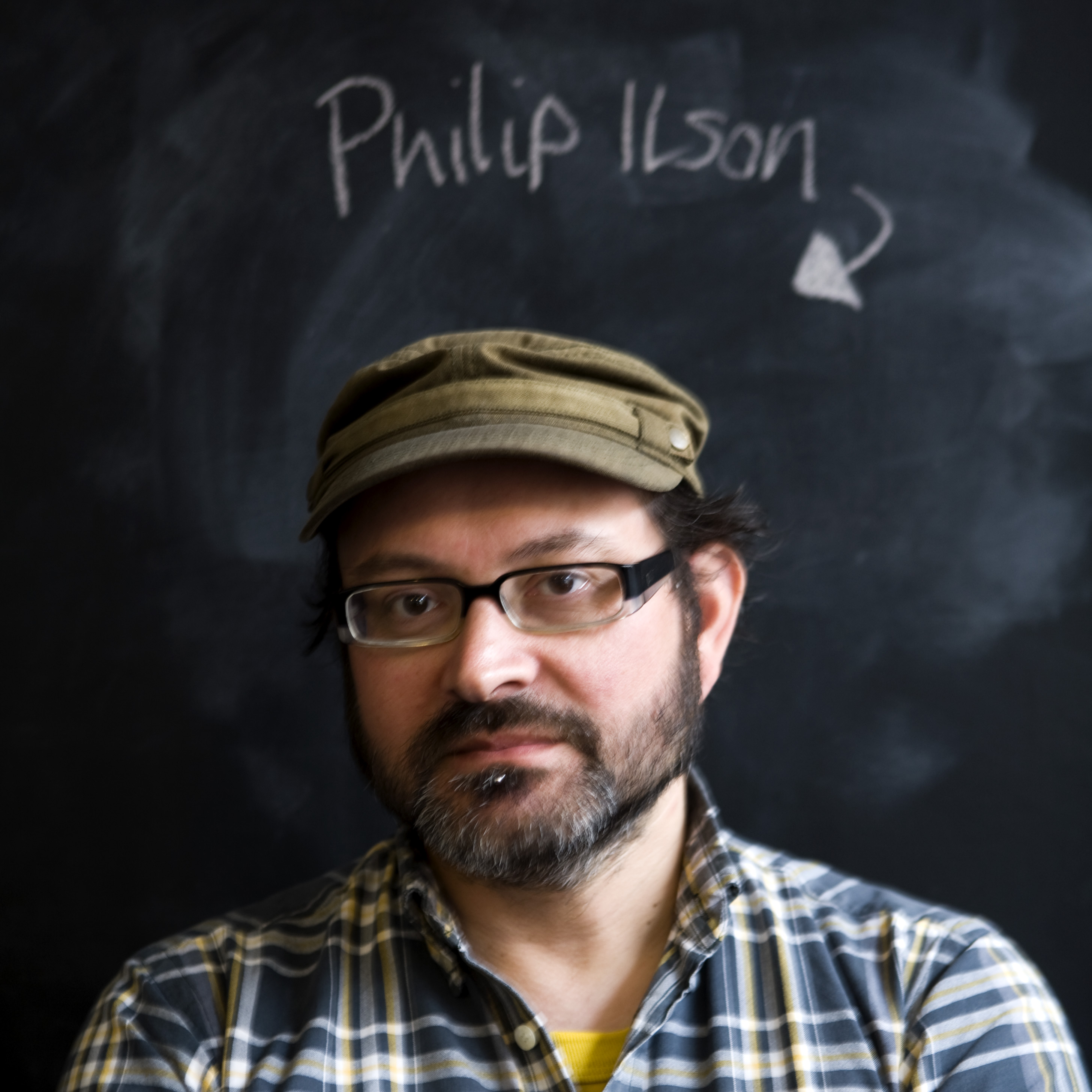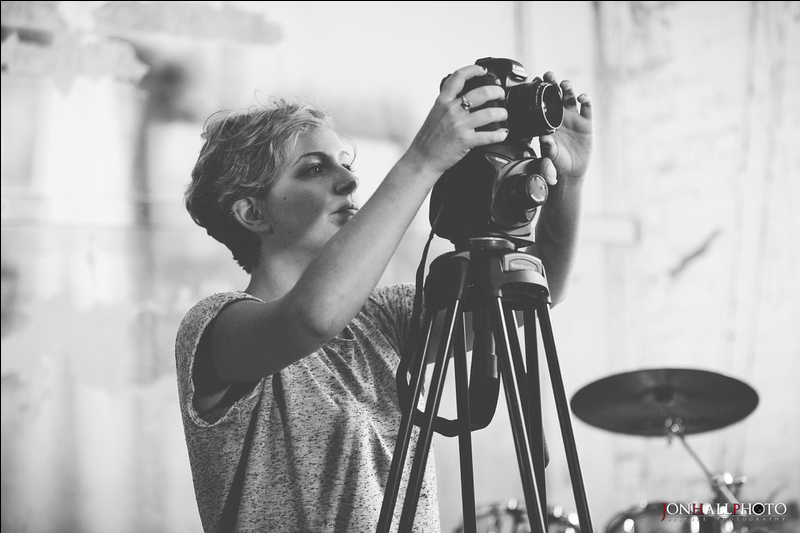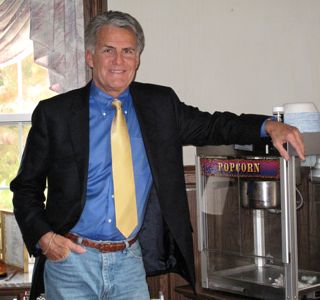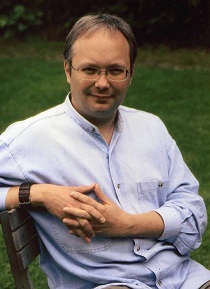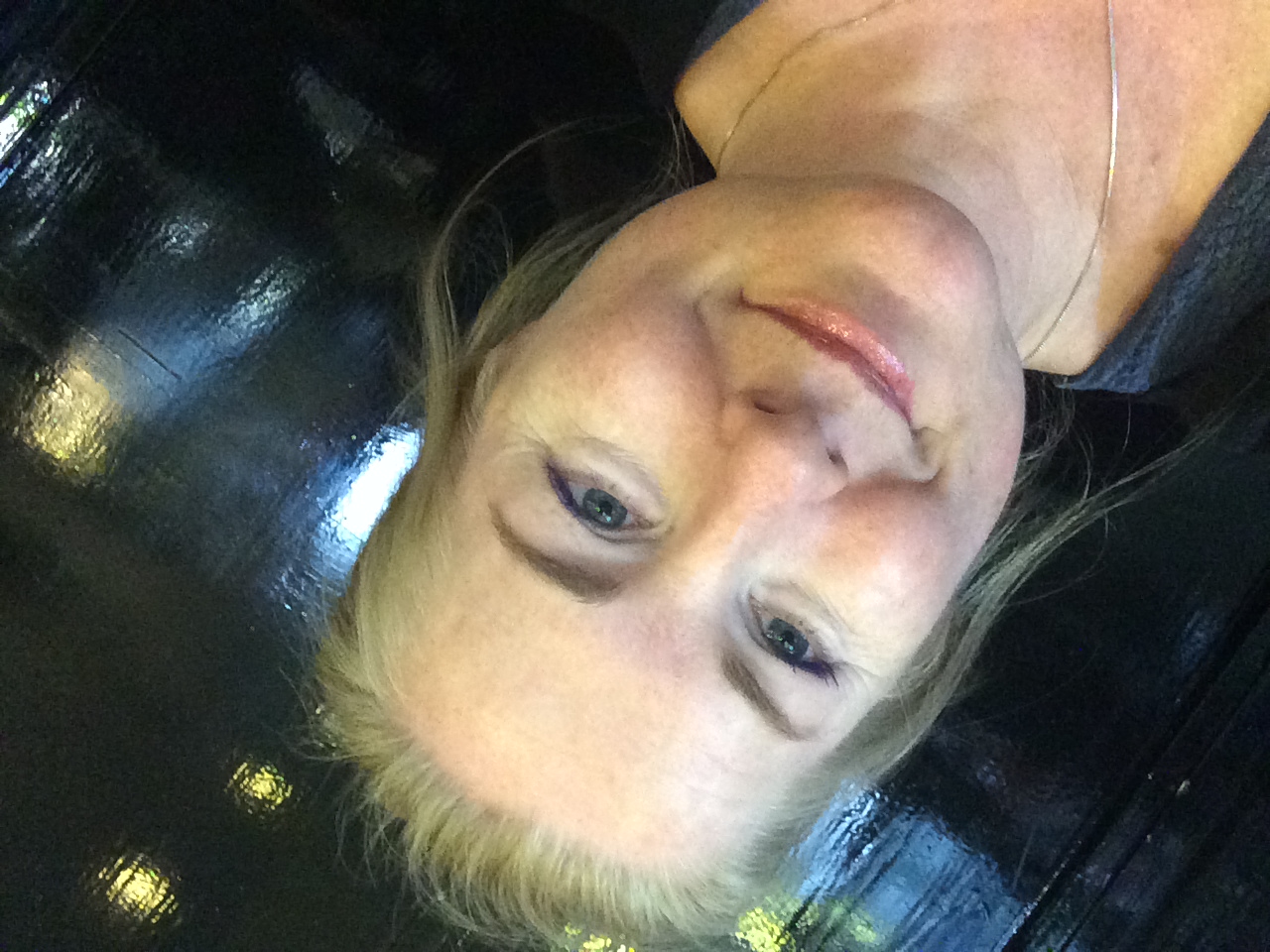ASK & DISCUSS
INDEXWhy are less than 9% directors female?
12 years, 1 month ago - Melody Bridges
What makes it so hard for women to get to the top?
What key qualities do you think a successful director needs?
I'm researching for a book called 'Celluloid Ceiling' about women film directors. Who would you list as the top 10 female film directors and why?
Only members can post or respond to topics. LOGIN
Not a member of SP? JOIN or FIND OUT MORE
12 years, 1 month ago - Franz von Habsburg FBKS MSc
Start by getting professional respect and use correct grammar. It should be "fewer than 9%" and not "less than..."
12 years, 1 month ago - Joanne Gale
'Less' and 'fewer.' This is worth a watch. http://www.youtube.com/watch?v=J7E-aoXLZGY
12 years, 1 month ago - Franz von Habsburg FBKS MSc
And now for a proper answer. Yen (above) is right in the observation that there are more women in TV. The cynic will say that it's because they give each other jobs, but the real reason is that unlike men, they aren't stupid. On a feature you get the crew, shoot and then scatter, in the hope of getting another job. In TV one is (generally) employed or under contract, which means security of income. The same situation is found in film distribution companies where again, there is permanent employment.
12 years, 1 month ago - Melody Bridges
Whilst I don't think motherhood and having a career as a director are mutually exclusive I do think juggling the two presents quite a challenge.
A number of the women I'm interviewing dropped out of directing - around 32 years old seems to be the turning point. After children they returned to roles in Production or Development rather than Directing which can involve travel and long hours. I breastfed my baby on set and I was lucky because the cast and crew were very supportive but I've heard of a number of women who don't find this to be the case. The problem is nobody wants to go 'on the record' talking about the prejudice they have faced. Please contact me if you are willing to talk about your directing career. I'd love to hear from directors who have small children - how do you marry the two? And what are the solutions to bringing about change?
12 years, 1 month ago - Vasco de Sousa
The percentage of directors who are female is higher in France.
12 years, 1 month ago - Yen Rickeard
Why do the majority of directors have brown hair?
Why are we (still) having this discussion.
And look at TV, why are there so many women directors and producers there?
12 years, 1 month ago - Jendra Jarnagin
We are still having this discussion, because it is STILL an issue. The reason there are so many more women directors in TV is because the networks actually pay attention to their hiring practices and make a point to specifically hire women to improve their diversity ratios.
12 years, 1 month ago - kate gallow
I think lack of role models is a huge issue. I admit, I left the film industry to an extent due to a few unsavory experiences with male superiors. I felt very unsupported and alone in these matters and felt a lot of the women I worked with would have told me to suck it up.
12 years, 1 month ago - Radar Music Videos
A friend is doing a PhD investigating whether film education dissuades women from becoming directors - I'll ask her to contribute to this conversation.
In my seperate, limited research of women going into film school, they make up 50% of the student year and are variously interested in various trades, but by the end of the course they almost all, ie +99% have decided to become producers.
Lack of role models?
I'm very interested in this subject re music videos - not least because macho nonsense makes up the majority of music video content. Am broadly researching and making connections at this point - email me Melody or anyone who'd like to get involved - caroline@radarmusicvideos.com
:)
12 years, 1 month ago - henrietta lynch
It is not just in film making that there is a problem - our culture and society are institutionally sexist - people do not admit this and things have improved over the past 30 or so years but our culture and cultural infrastructure do not support women getting to the top in any field - if things are to improve we need to seriously re-think our society - but that is a very long discussion.
12 years, 1 month ago - philip ilson
The 9% statistic is from the Birds Eye View Film Festival a number of years ago, and was specifically looking at films released into the cinema.
I did my own little bit of research for a panel entitled "Why can't women make feature films?" at last year's Underwire Film Festival http://www.picturehouses.co.uk/cinema/Ritzy_Picturehouse/film/Underwire_Festival_Why_Can_T_Women_Make_Feature_Films/
Looking at the percentage of women directors at my own London Short Film Festival, 38% of the films that screened in the 2012 festival were directed by women, where as in the cinemas that week, 3% of the films showing across London were directed by women, and that seemed a massive anomaly. The panel addressed this, and the copy on the festival website goes a short way to explain what was discussed.
Anna Coatman wrote a good piece for Sight & Sound on line about women short filmmakers
http://www.bfi.org.uk/news-opinion/sight-sound-magazine/comment/festivals/where-girls-are-female-filmmakers-london-short-film-festival-2013
She spoke to some of those filmmakers at the LSFF this year, with some interesting and thought provoking comments.
12 years, 1 month ago - Jo Gewirtz
Is everyone really umming and ahhing about this? It's simple yet complex and bound by a myriad of issues and sociological factors. The long and short of it is - because of the way the industry was constructed and the secondary status of women at that time, men run the film industry - the studios, the distributors, the award bodies, and so on. These men are now old. The industry is now fearful of financial crisis and filmmaking is now almost completely a commodified, business venture. As in the world of business - old men tend to hire men. They want to be able to trust a man with such money. They were born to a society which did not see women as leaders and managers of men. End of. All these responses with people basically mitigating the FACT that we live in an inherently gendered, sexist society. Please. Oh - best current female director for my money is Jane Campion. Who incidentally holds the same view on this matter as the one I just expressed.
12 years, 1 month ago - Bill Hartin
Any current or would-be/wannabe directors - female and male, have the opportunity to cut their teeth on short film productions at FIFO (Fade In/Fade Out) - A Filmmaking Consortium in the Lehigh Valley, PA. Our budgets are modest but our passion for quality short films is high. We meet every first Tuesday of the month at The Two Rivers Brewing Company, Easton, PA.
12 years, 1 month ago - Nicholas Hughes
To pick up on a point Jane Foster made, I have broadly noticed a style in which female directors approach the job compared with males. The good ones tend to work more on the pre-production, spend more time on rehearsing the actors and working on storyboards and shot lists than a lot of male directors and then leave the running of the shoot and the crew to me, as AD, on the day. A lot of male directors confide in their DPs before they talk to an AD. With female directors, my experience is the other way around.
As for sexism being institutionalised: The "old men" at the top aren't from the 1920s, 30s or 50s. These are products of the 60s and 70s where progressive ideas flourished. However, the bean counters have a lot to say about film production and from a marketing and business point of view, how much box office takings and publicity does Kathyrn Bigelow or Jane Campion add compared with Steven Spielberg or (gulp) Michael Bay? In an era where comic books and male geek icons rule the box office, the idea that a male geek who loves the source material is being entrusted with the keys to the movie adaptation does sell. A second string hack who is male and has the right geek credentials scores points over a talented female director. Marketing people see that because the audience is comfortable with that idea.
...and what does that say about the audience?
12 years, 1 month ago - Patrick Makin
The question "why is it so hard for women to get to the top" assumes that women want to become directors to the same extent as men. But maybe they don't. Which would also explain why there is a lack of role models. So maybe the real question is why women don't want to become directors, rather than why is it so hard for them to become directors. Until you find out how many women are actively trying to be directors, you will never know what percentage are failing or succeeding. You never know, maybe they are doing better than the men!
12 years, 1 month ago - Dan Selakovich
A boys club with no women in power? As Denzel Washington might say; "Come on, now."
Anne Sweeney, co-chairman, Disney Media Networks; president, Disney-ABC Television Group
Amy Pascal, chairman, Sony Pictures Entertainment Motion Picture Group; co-chairman, Sony Pictures Entertainment
Nancy Tellem, president, CBS Paramount Network Television Entertainment Group
Stacey Snider, co-chairman and CEO, DreamWorks SKG
Judy McGrath, chairman and CEO, MTV Networks
Oprah Winfrey, chairman, Harpo Inc.
Dana Walden, chairman, 20th Century Fox Television
Nina Tassler, president, CBS Entertainment
Bonnie Hammer, president, USA Network and Sci Fi Channel
Shari Redstone, president, National Amusements; vice chairman, CBS Corp., Viacom and Midway Games
Let's not forget Sherry Lansing, one of the most powerful women in the industry, was head of Fox. Wait, scratch that: One of the most powerful PEOPLE in Hollywood.
Nina Jacobson was head of production at Disney, and went on to produce "The Hunger Games." Why didn't she hire a woman to direct?
Amy Pascal, the current head of Sony tried to get Cathrine Bigelow to direct the new Spiderman, but Bigelow turned it down. What's a poor studio head to do?
Yes, Hollywood is sexist, and women directors have an uphill battle. No doubt. But you know what Hollywood loves more than their boy's club? Money. Lots and lots of money. If they think they can make money off you, they put their sexism aside. And yes, I'm aware of the catch 22 of that statement. How can you be exploited by Hollywood, if you're not given that chance in the first place?
Then there's the other side where the likes of Nora Ephron, who I think is an absolute shit director, got to keep making movies even though her first ones were terrible flops. Then there's Nancy Myers (the Holiday) who I think is an excellent director, has a hard time getting shit made. But no harder than her male counterparts.
So I don't think you can blame it on the Hollywood Boy's club, in the end. The producer and development side is easily filled with women. Most of the development execs I know, or have met, are women. Hell, the vast majority of studio readers are women. They have the power to move a script up the ladder. No small feat.
Hollywood has determined that 14 year old boys spend the most at the movies. So that's who they make movies for. How many kids, male or female, under 17 do you know that saw "Lost In Translation" by the very talented Sophia Coppola? Perhaps she'd like to do the next Spiderman, but I doubt it. Maybe the reason there aren't more women directors is because women have taste, and aren't as willing to sell out. That's just a guess, though.
12 years, 1 month ago - Stephanie Walton
Some of you may be interesting in posing this question, or any other questions to Director Sophie Fiennes http://bit.ly/1bu3vUt
12 years, 1 month ago - Jo Gewirtz
Two posts above someone whips out the argument of 'well, maybe there are less because women just dont want to be directors'. Like politics? Like science? That must be the reason why historically, men have overwhelmingly outnumbered women as politicians. Not enough women try to be prime minister! / they are clearly not interested. Right. And it has nothing to do with societal pressures, expectations, hierarchy. Jesus. People need to take some social studies. This is an asinine logic.
12 years, 1 month ago - jane foster
From my own 'Female Director' experience I can offer this - The fact is women aren't natural leaders 'out front' - but they are 'at back' so it takes a bit of a fiery type to direct, whilst women feel comfortable being producers, which is basically a power behind the throne role. Because of this, the TV/film and media industry has generally grown to cater for the 'male' direct way of doing things which makes it easier for men to become directors... which keeps it harder for women... Women also tend to be 'group' orientated which although is good for directing a bunch of actors and multi tasking whilst leading a crew, it's not a help when it comes to pushing for the Directors job in the first place. all of this is a bit of a cycle as far as I can see, and nothing to do with daft ideas of gender discriminations as such -I've never felt it, but then that maybe because there's so few of us that the men applaud us and find us a novelty and a refreshing change... maybe... but it would be great to not swim against the tide quite so much... women make great directors when they want to and should be encouraged to do so!
12 years, 1 month ago - Paddy Robinson-Griffin
I was recently doing something similar - a project I was scoping would have ideally needed a British female director with at least one internationally distributed feature. Project fell through, but it opened my eyes to how few suitable women I could find.
12 years, 1 month ago - Kays Alatrakchi
While I'm sure sexism (and racism, and all sorts of other -isms) exist in our industry as they do in other industries, I think it's important to look at other practical factors which might play a role here. For instance women might have a more practical mindset and would rather not deal with the nonsense that happens on movie sets. Directing can take a huge toll on emotions as well as finances, perhaps women are far smarter than men and opt not to get into such a crazy career. There is also the factor of motherhood, many women look forward to a family and perhaps they feel that the immense time requirements of directing might impair their ability to do so. To support my point, I know a great deal of female directors here in Los Angeles, and none of them have children which could imply that they decided to favor career over family. FWIW, I have a huge admiration for female directors, not just the ones I personally know, but also the likes of Bigelow, Potter, Coppola, Taymor and on.
12 years, 1 month ago - Nicholas Hughes
First, how was the 9% number calculated and what was the base sample group? I ask that because I wonder at what level did the survey consider a professional director. I've worked with a lot of female directors, but mainly on short films or artistic rather than large commercial projects. If the survey is drawn from features and TV work rather than all forms of film and video production, then that would partly explain the low number. So the follow up question would be "why so few female directors in cinema and TV drama/comedy?"
I started working in the industry over 15 years ago and I don't know a time before equal opportunities policies being introduced. I was told by various important film and video companies and agencies, such as Skillset, that in certain cases there would be a priority given to female applicants for directing courses and apprenticeships so after all this time we're still in a situation where there's less than 10% of directors who are women. Maybe it's a case of entry level positions see more women involved, but kicking on from that the number drops off and sharply. That's another question to ponder; why?
Obviously, I want more directing work so I see the rest as competition for jobs and I'm not looking at whether they're male or female...I'm too busy trying to make my portfolio and credentials as strong as possible to worry about demographics. When I've been AD'ing it's a different story: I've enjoyed working with a lot of female directors (I group directors into two categories: Decisive and Indecisive) but I have noticed that the majority of those I've worked with have not been directing features or TV drama.

